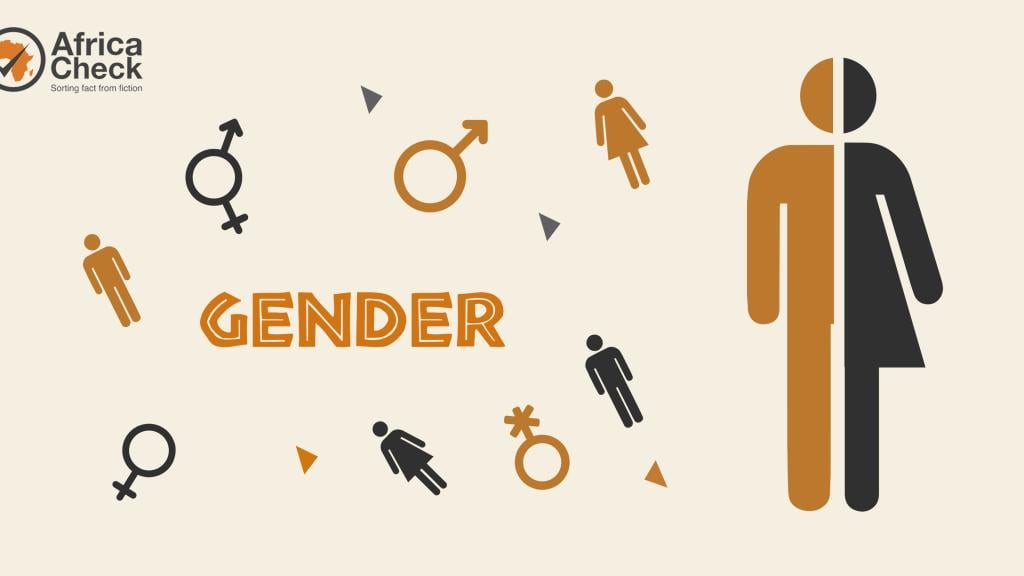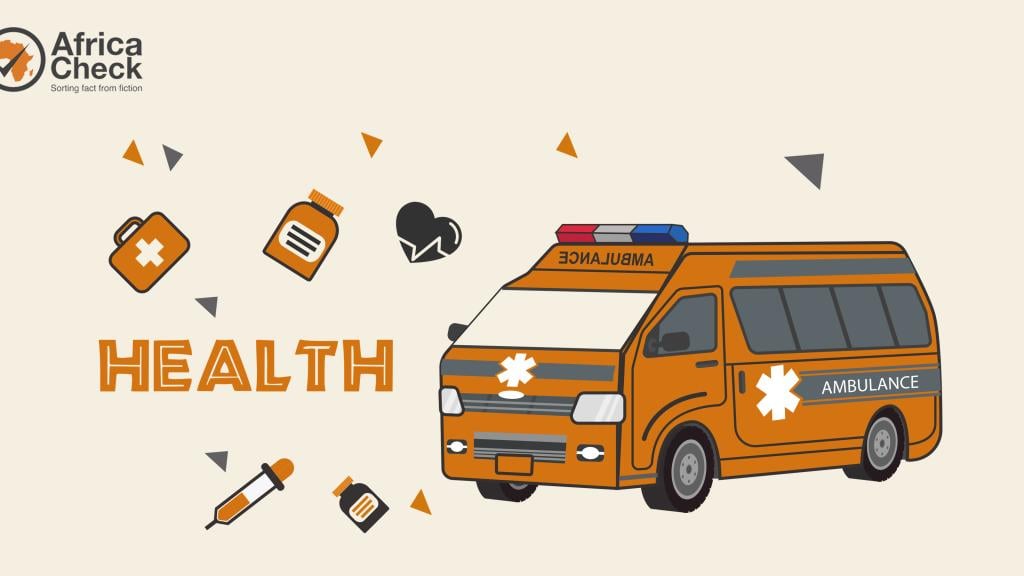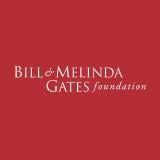What is South Africa’s Gini coefficient?
The Gini coefficient is a globally used measure of inequality, among individuals or households within an economy. The coefficient ranges from 0 to 1, where 0 represents perfect equality (all individuals have the same income) and 1 indicates perfect inequality (where one person has all the income and the rest have none).
South Africa had a consumption per capita Gini coefficient of 0.67 in 2018 (the net wealth Gini coefficient is 0.76 for South Africa). Based on Gini coefficients of consumption (or income) per capita, South Africa is the most unequal country in the world, ranking first among 164 countries in the World Bank’s global poverty database.
It’s important to distinguish between income inequality and wealth inequality. Income is the flow of money that comes into a household from employers, owning a business, state benefits, rents on properties and so on. Wealth refers to household assets accumulated through people’s savings or generational transfer. In South Africa, wealth inequality is considerably higher than income inequality – the top 10% of the population holds 80.6% of financial assets.




